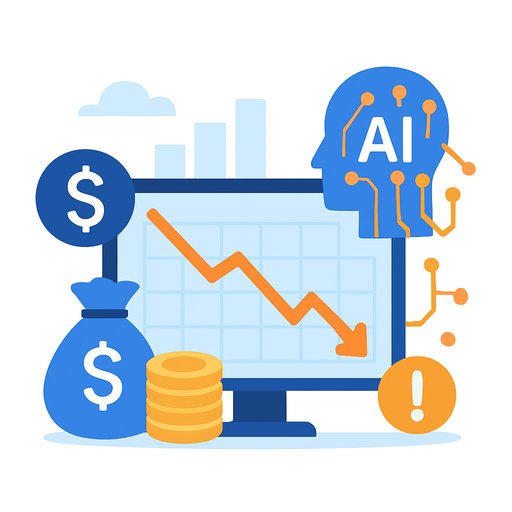What’s Generative AI Doing to Brokers' Insurance Submissions? There’s a Big Shift Happening
Generative artificial intelligence (AI) is often talked about in relation to speeding up and automating the claims process for insurance customers. But its impact on brokers is more immediate and practical, especially in handling insurance submissions. Insurers now use generative AI to triage submissions, including sorting, evaluating, and prioritizing policy applications and quote requests from brokers on behalf of clients.
Neil Morgan, chief operating officer at Insurance Australia Group (IAG), highlights the opportunity generative AI offers in managing unstructured data. This includes diverse information found in policy application forms and anecdotal details about the businesses seeking coverage and their associated risks.
Morgan makes a clear distinction between generative AI and the traditional AI that insurers have used for years. For example, Suncorp recently reported processing over 7,000 food spoilage claims from Tropical Cyclone Alfred with zero manual intervention. According to its CEO Steve Johnston, this fast processing meant customers received money the same day they lodged claims, providing immediate financial relief.
While this example reflects traditional AI handling large volumes of claims with low evidence thresholds, generative AI extends further. It proves valuable in submission triage, fraud detection, and addressing vulnerable customers. Morgan points out that generative AI excels where data is less structured.
Generative AI Can Double Submission Quote Rates
A recent Accenture blog explains how generative AI supports intelligent email and data ingestion by extracting key information from submission documents. This creates structured outputs that speed up risk assessment and pricing.
The potential is significant: insurers could double their submission-to-quote rates. Brokers benefit from smoother interactions with carriers and can deliver quotes in hours instead of days or weeks. Accenture partnered with QBE to expand generative AI use in underwriting, demonstrating its practical impact.
Other voices in the industry agree that generative AI accelerates the commercial insurance submission cycle. From faster triage to streamlined quote generation, brokers and insurers both gain efficiency.
Accelerates Risk Triage
Sathish Kumar Manimuthu, chief technology officer at NeuralMetrics, notes that AI assistants can extract, structure, and analyze submission data in real time. This removes bottlenecks caused by manual intake and fragmented risk information.
With AI, pre-qualification decisions happen within minutes, allowing underwriters to focus on risks they are more likely to accept.
Enhanced Quote Generation
Generative AI pulls from underwriting guidelines, insurer appetite parameters, and third-party risk data to produce more accurate quotes. This leads to improved quote-to-bind ratios and consistency across different products and jurisdictions.
Enabling Underwriters
AI assistants complement underwriters instead of replacing them. They provide contextual risk summaries, highlight relevant historical data, and flag anomalies. This support helps underwriters make better-informed and compliant decisions.
Boosting Broker-Insurer Collaboration
One practical benefit of generative AI is clearer, structured summaries of broker submissions. It helps spot missing information early, reducing back-and-forth between underwriters and brokers. This smoother communication enhances broker satisfaction.
In a competitive market, easier interactions and faster processing can influence where brokers place business. Generative AI’s role in improving these workflows is becoming increasingly important.
Your membership also unlocks:






